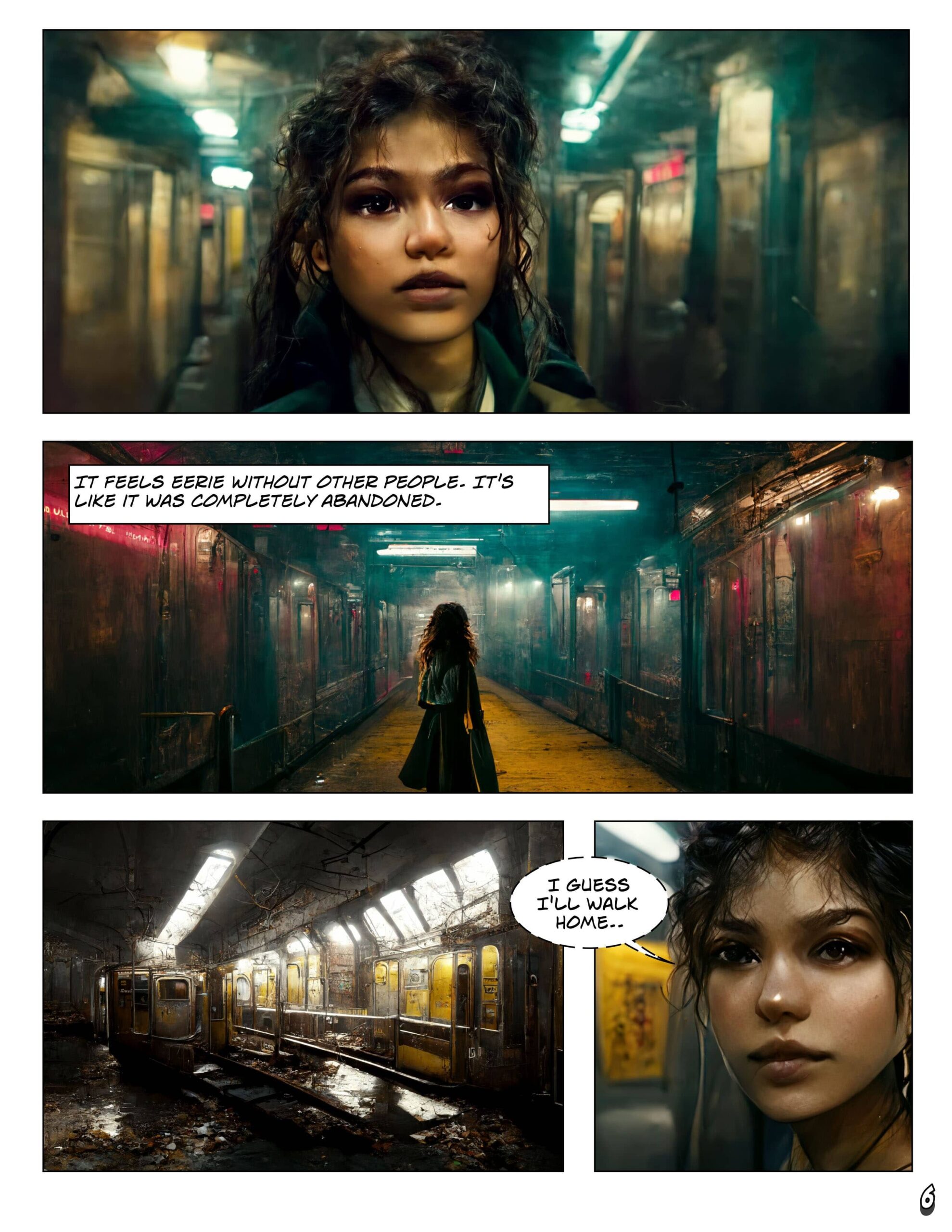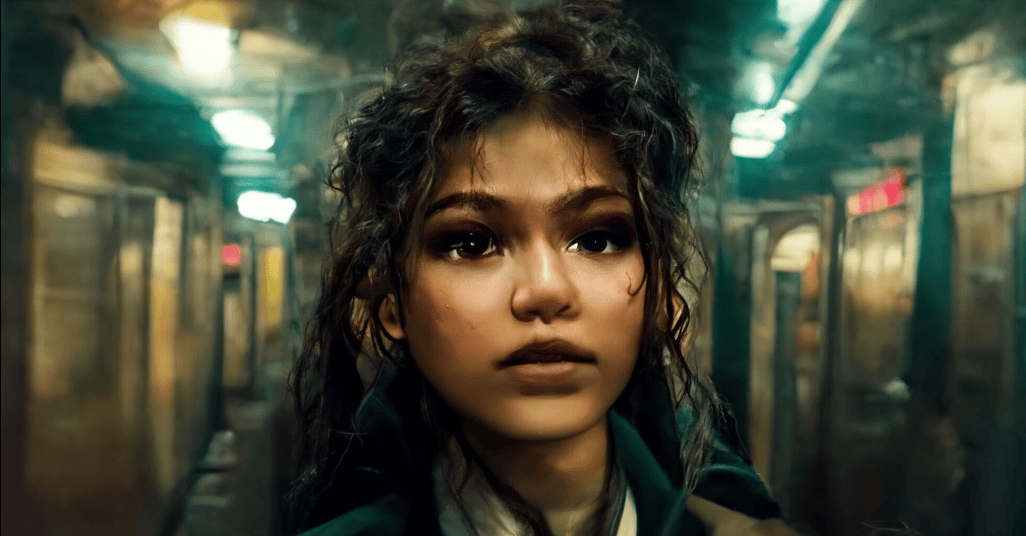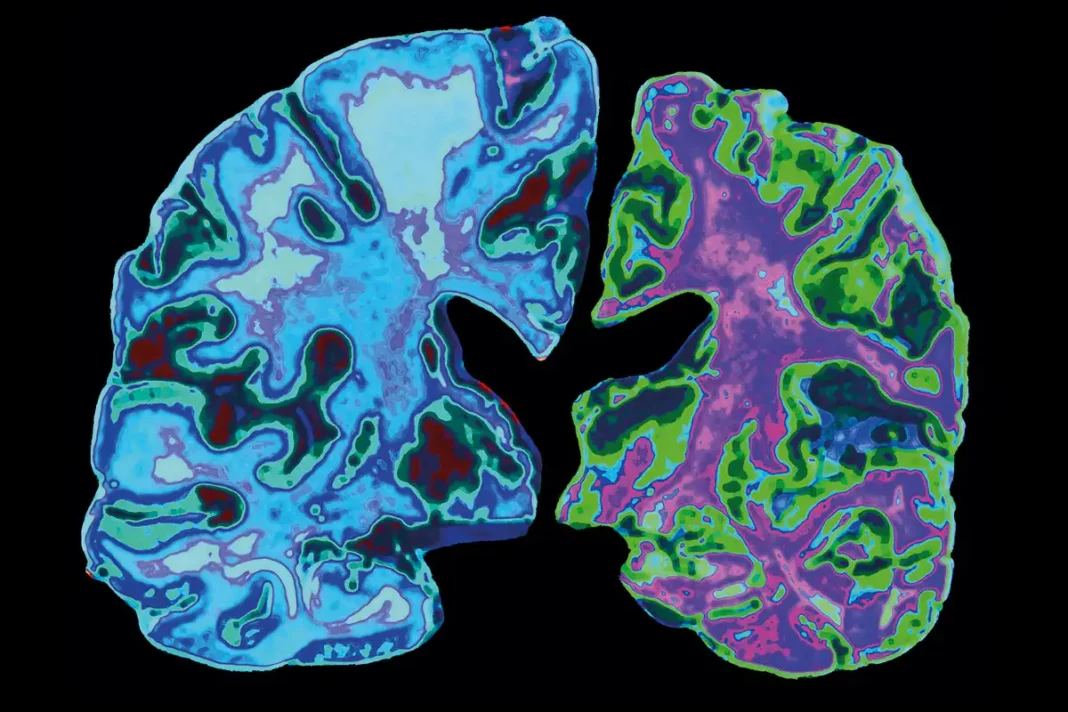In February 2021, the U.S. Copyright Office made a landmark decision when they refused to recognize an AI-generated piece of work as being eligible for copyright protection. While this ruling has prevented many AI enthusiasts from trying to legitimize “art theft”, it hasn’t stopped them from attempting to register AI-generated works of art – like comic books – with the Copyright Office. This blog post will discuss the latest decision on the copyright registration of an AI-generated comic book and what this means for future works created by artificial intelligence.
Last year, one comic book creator tried to register their work with images that had been generated in the AI tool Midjourney. The comic was a mix of both human-authored text and images that were produced by an Artificial Intelligence (AI) algorithm. After months of waiting, the creator finally received a response from the U.S. Copyright Office regarding their application for copyright protection last week. The ruling was that while the text and arrangements of the comic would be protected under copyright law, the images that were generated by the AI software would not be eligible for such protections.
A.I. assisted comic book (issue #1) I made, the copyright in the U.S. is still in force and we're waiting for the Copyright Office to make a decision if I can keep it, if it was a substantial human input. I'll keep you updated when I hear from them. More pages in the thread. pic.twitter.com/7oAuEFl9ME
— Kris Kashtanova (@icreatelife) January 22, 2023

This is not necessarily surprising news since there are various legal requirements set in place by US law when it comes to claiming authorship of any kind of work – including those created by artificial intelligence algorithms. This includes criteria such as originality, creativity, and independence which are difficult to prove when it comes to computer-generated content; hence why most works created by computers are not eligible for copyright protection in America or abroad at present time.
The decision underscores how important it is for creators who use artificial intelligence algorithms as part of their creative process to understand current legislation surrounding intellectual property rights before registering their works with official bodies like the US Copyright Office – or risk having their application denied due to lacking sufficient evidence proving authorship or protectability under existing laws governing copyrights and patents in America.
The US Copyright Office’s recent decision on an AI-generated comic book highlights just how far we have yet to go before machines can truly begin creating works that can be considered original enough to qualify as intellectual property – and receive copyright protections accordingly – without human input or influence in some way shape or form. As technology continues advancing at lightning speed, however, it won’t be long before these issues become easier to address with more clarity as new legal precedents are established in this area over time. In any case, until then it’s important for creators who use artificial intelligence algorithms during their creative process to know what they’re getting themselves into when attempting to register any type of work with official bodies such as the US Copyright Office – lest they face potential rejection due to lacking sufficient evidence proving authorship or protectability according to American laws currently in effect today on copyrights and patents alike!











